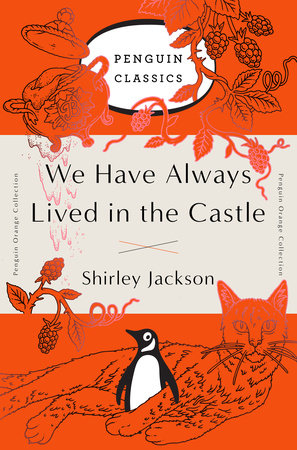Recommendations

Rebecca by Daphne du Maurier (1938)
haunting, the horror of an old house and not quite knowing what has happened or what is happening - the horror of losing your mind to other peoples' expectations and secrets
Read for free at the Internet Archive in English here,
and in French here.

Heidi by Johanna Spyri (1880)
This book will make you want to leave everything and go live in the Swiss Alps. You have been warned.

We Have Always Lived in the Castle by Shirley Jackson (1962)
A personal favourite - this book is disturbing and strange and so interesting. (sparking an interest in poisonous plants and fungi that could be considered concerning)
An in depth look at the first chapter can be found in this article. Wayback machine
Read for free at the Internet Archive.
(And at the Open Library here.)